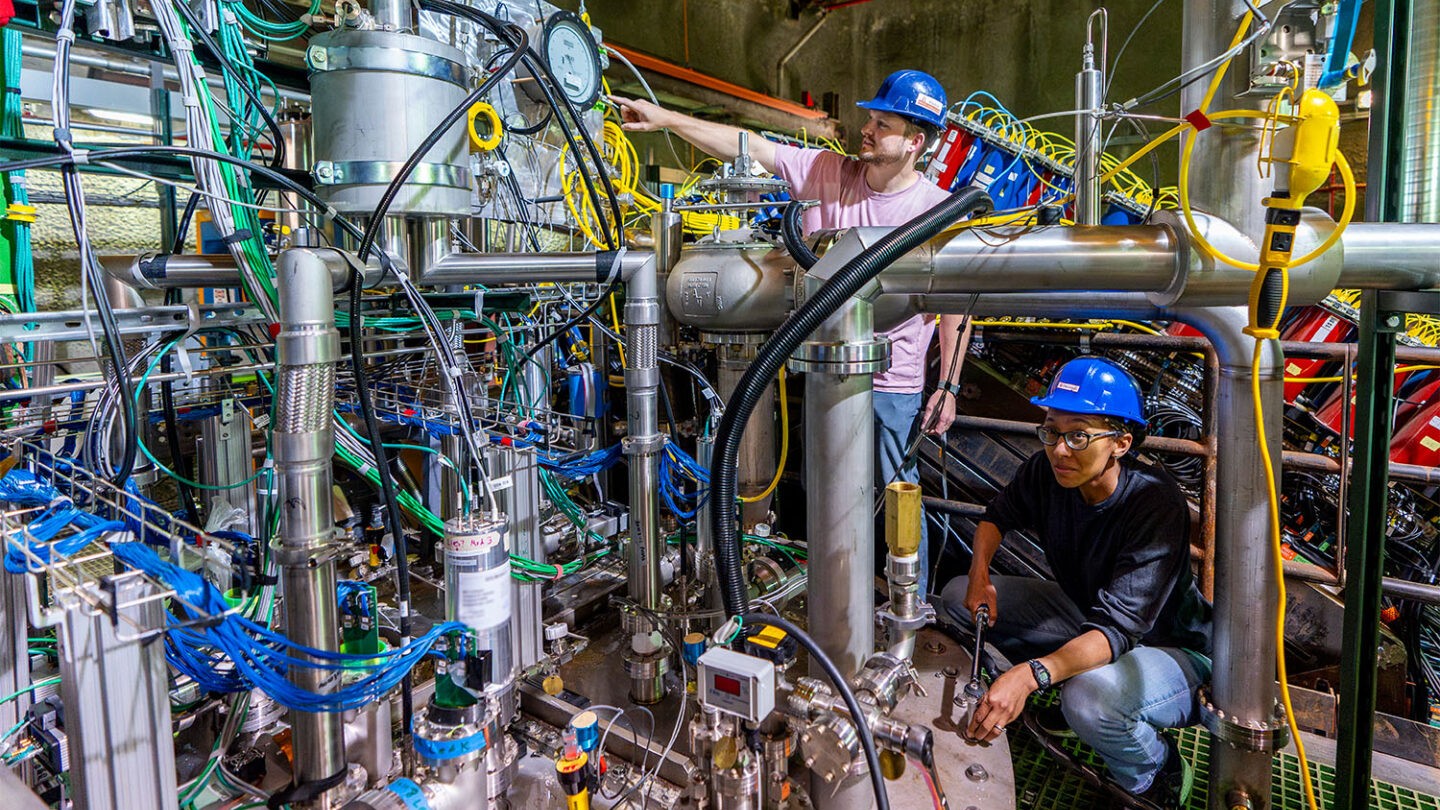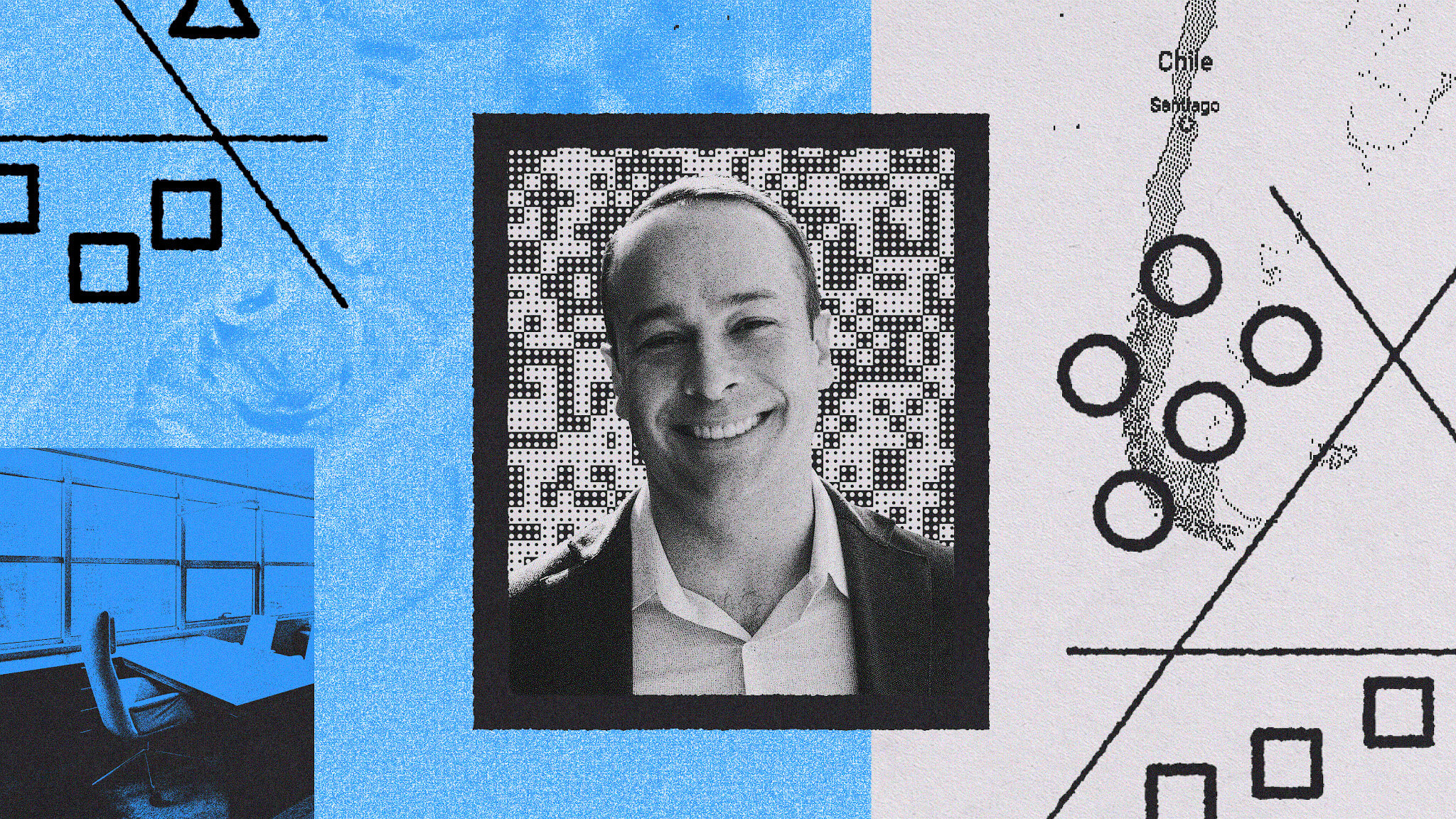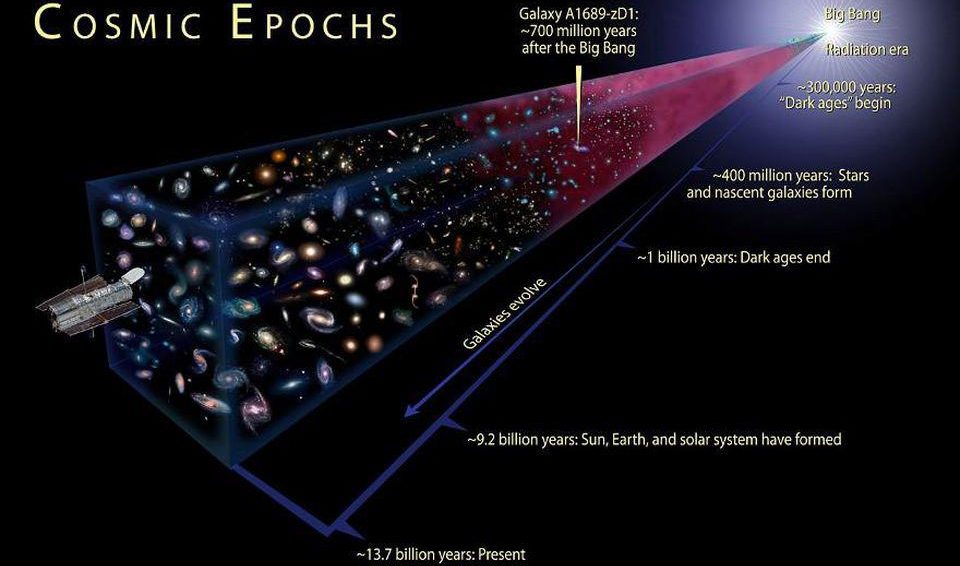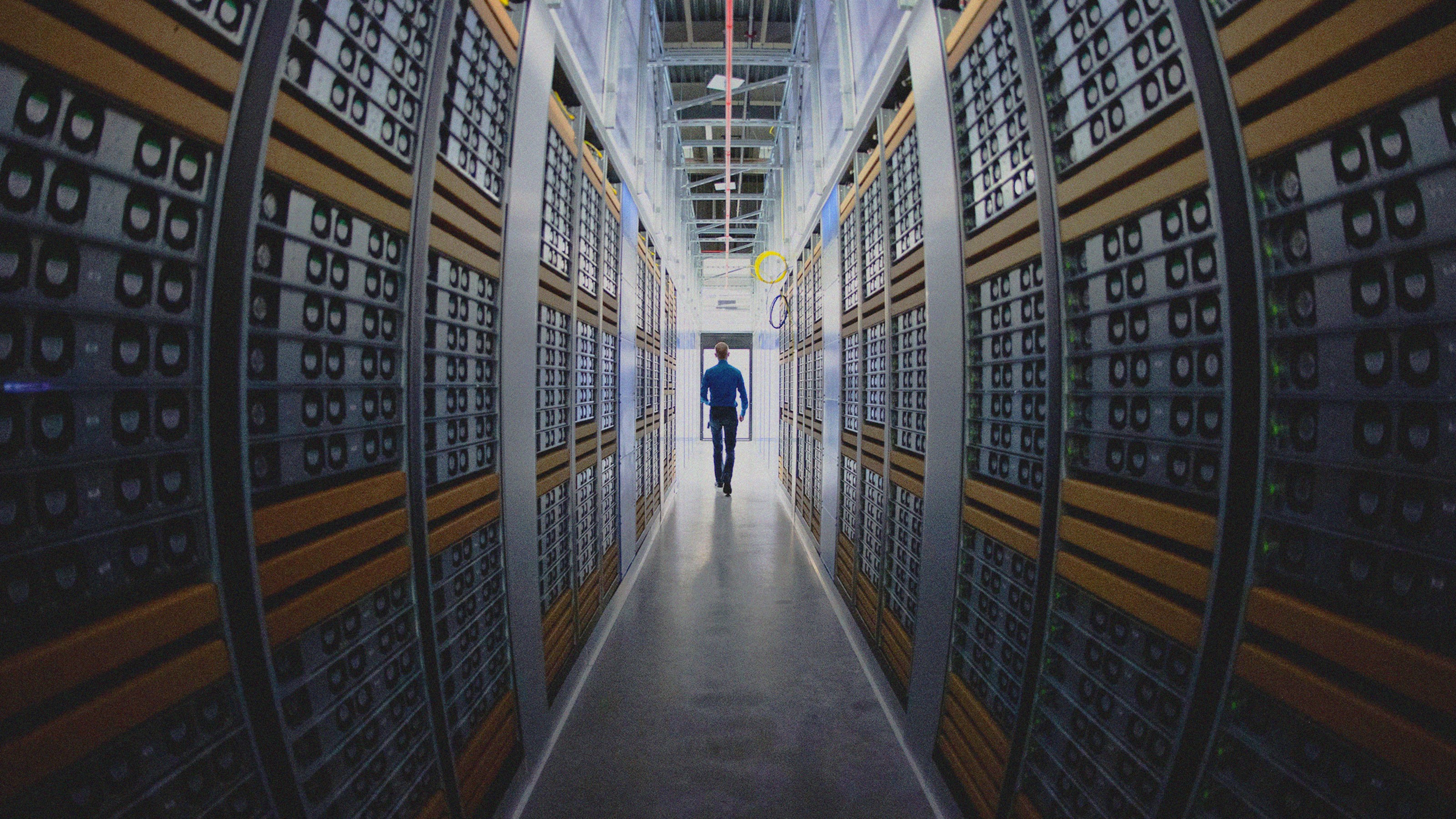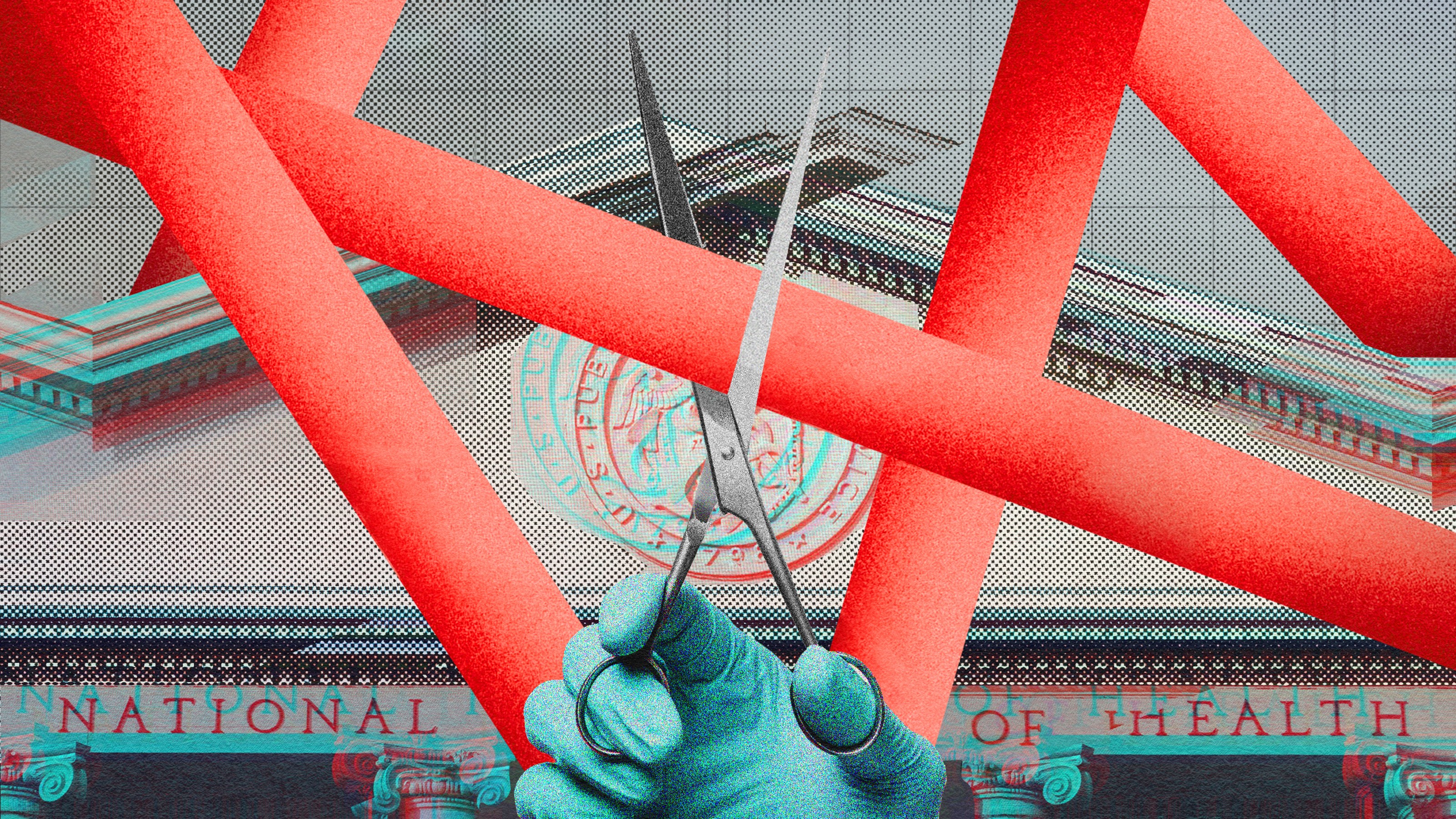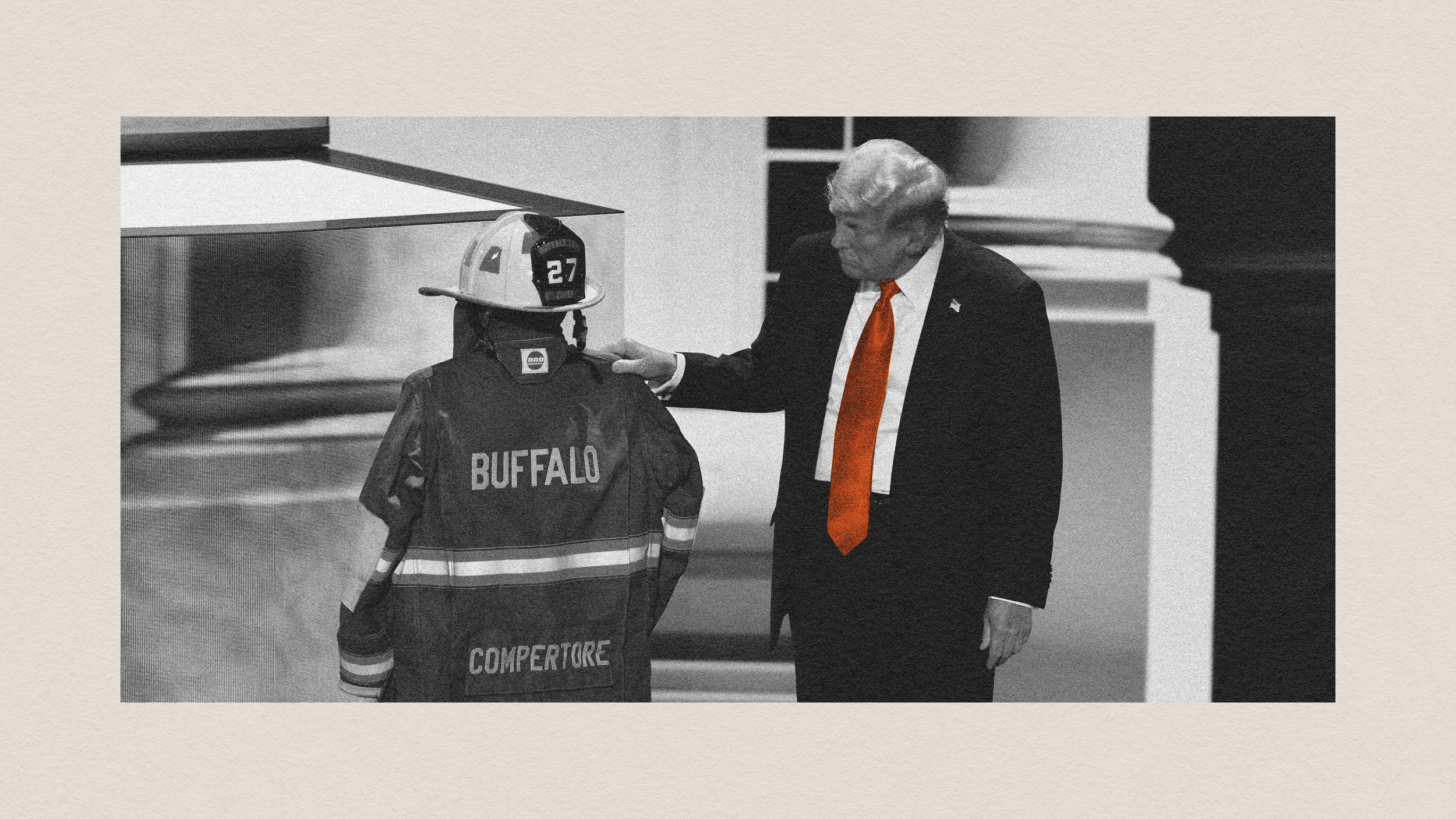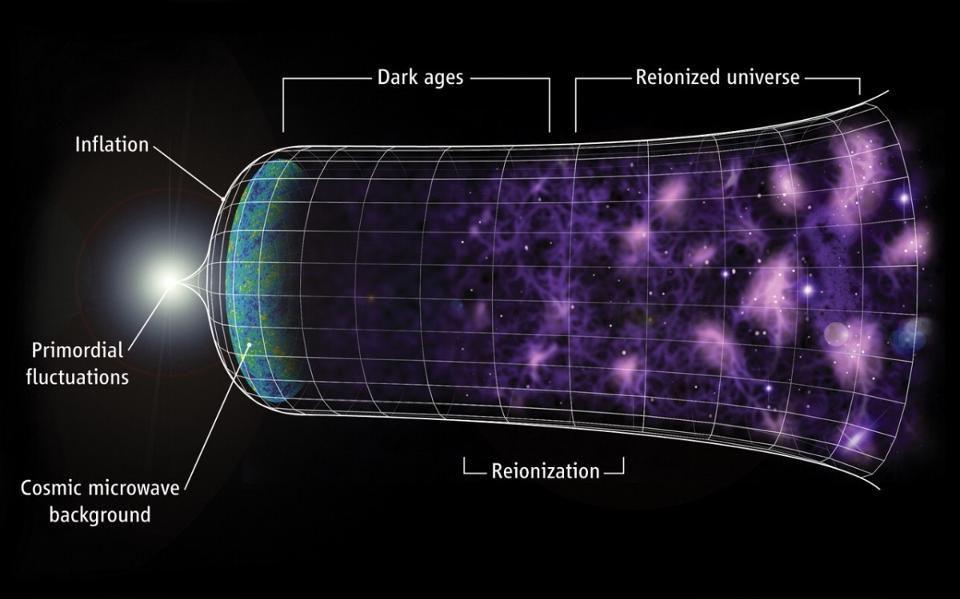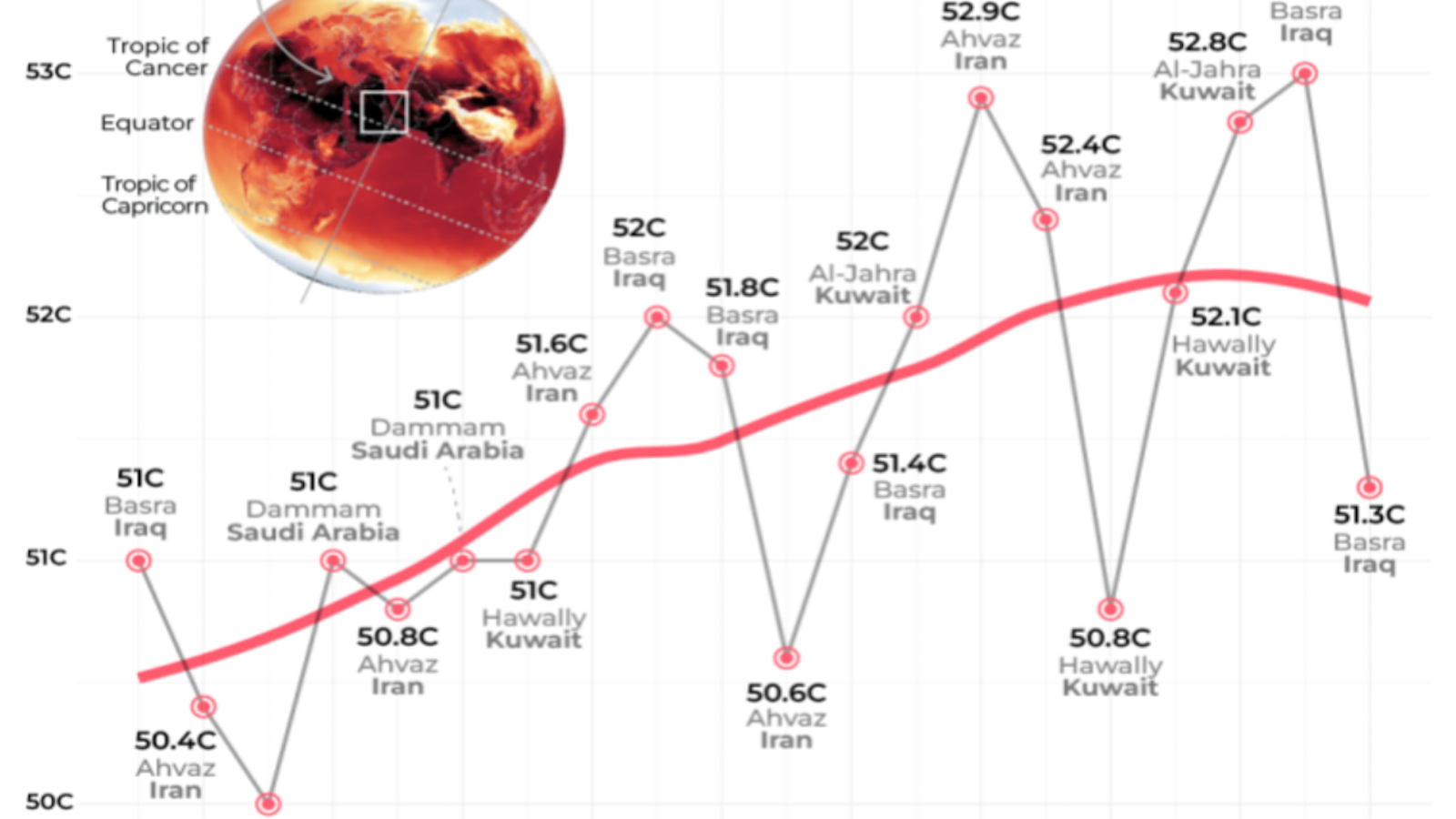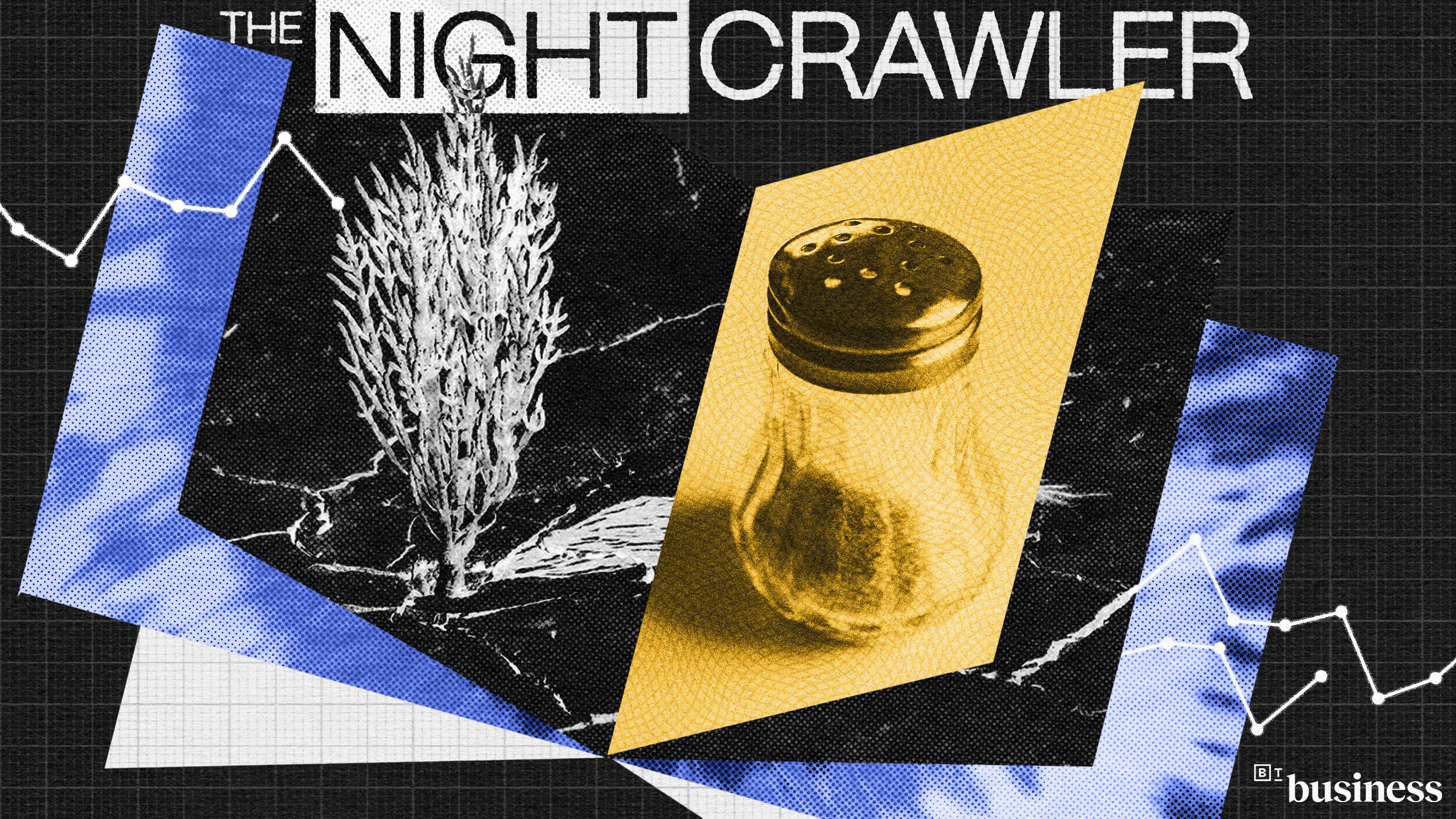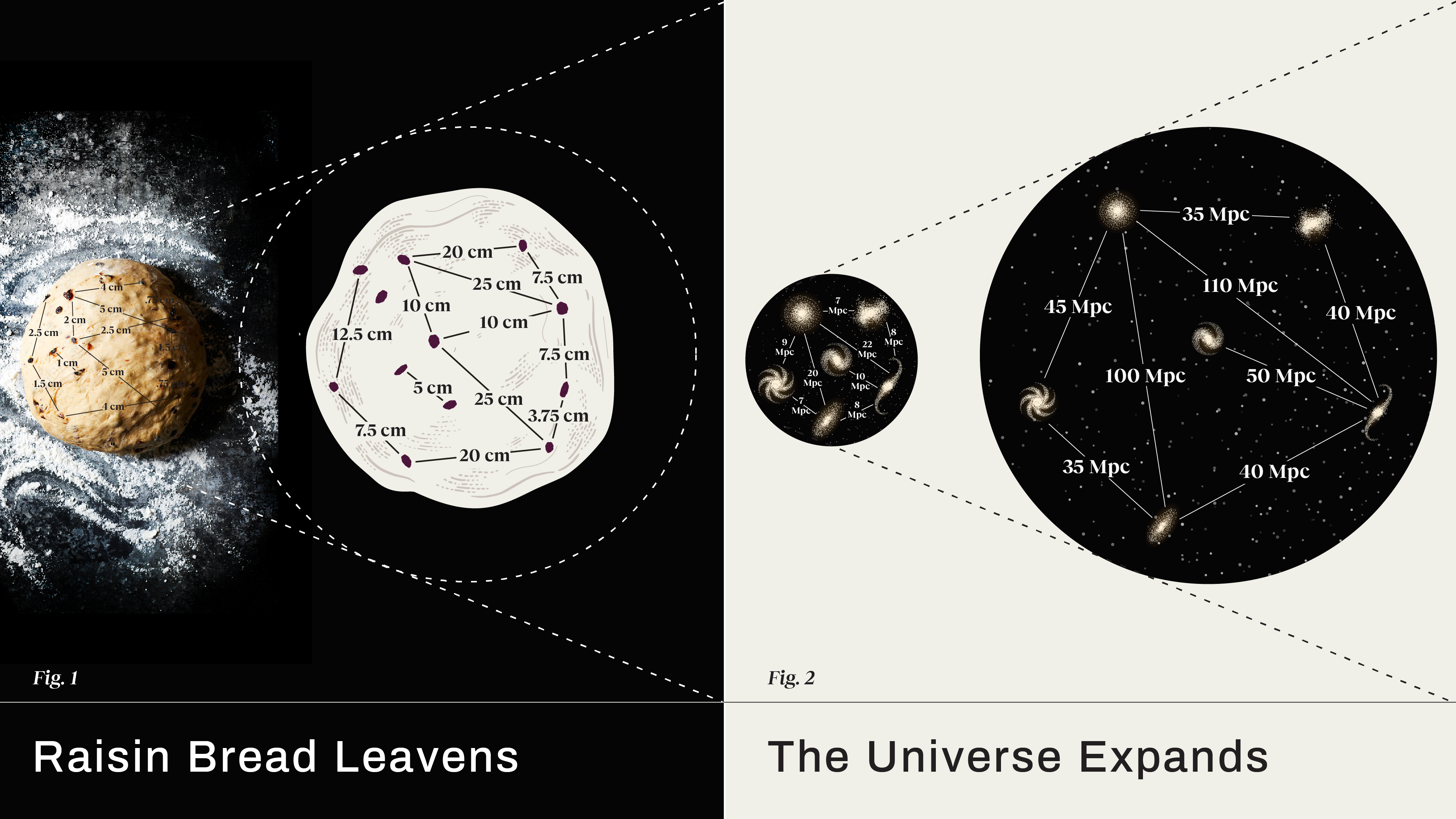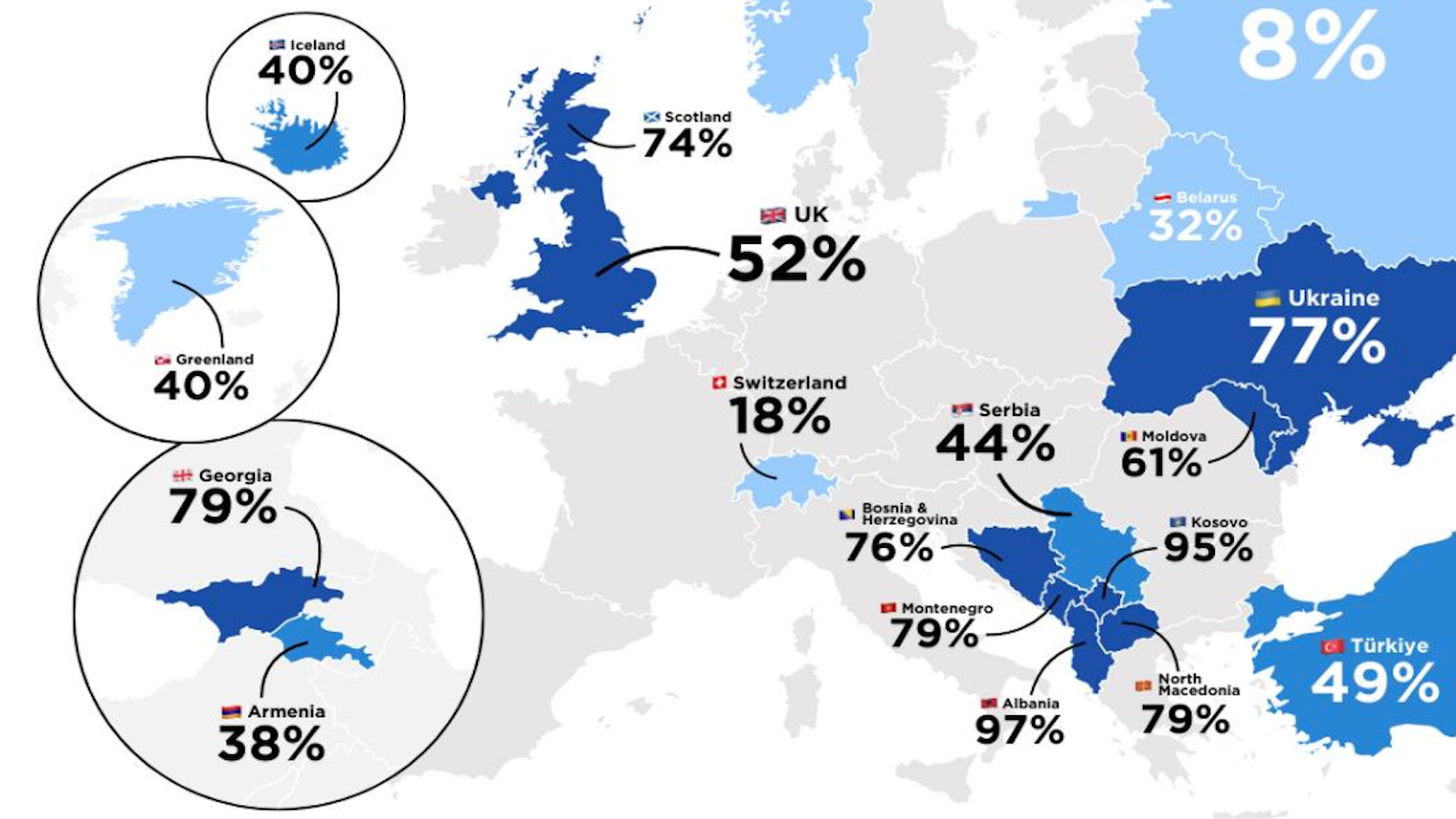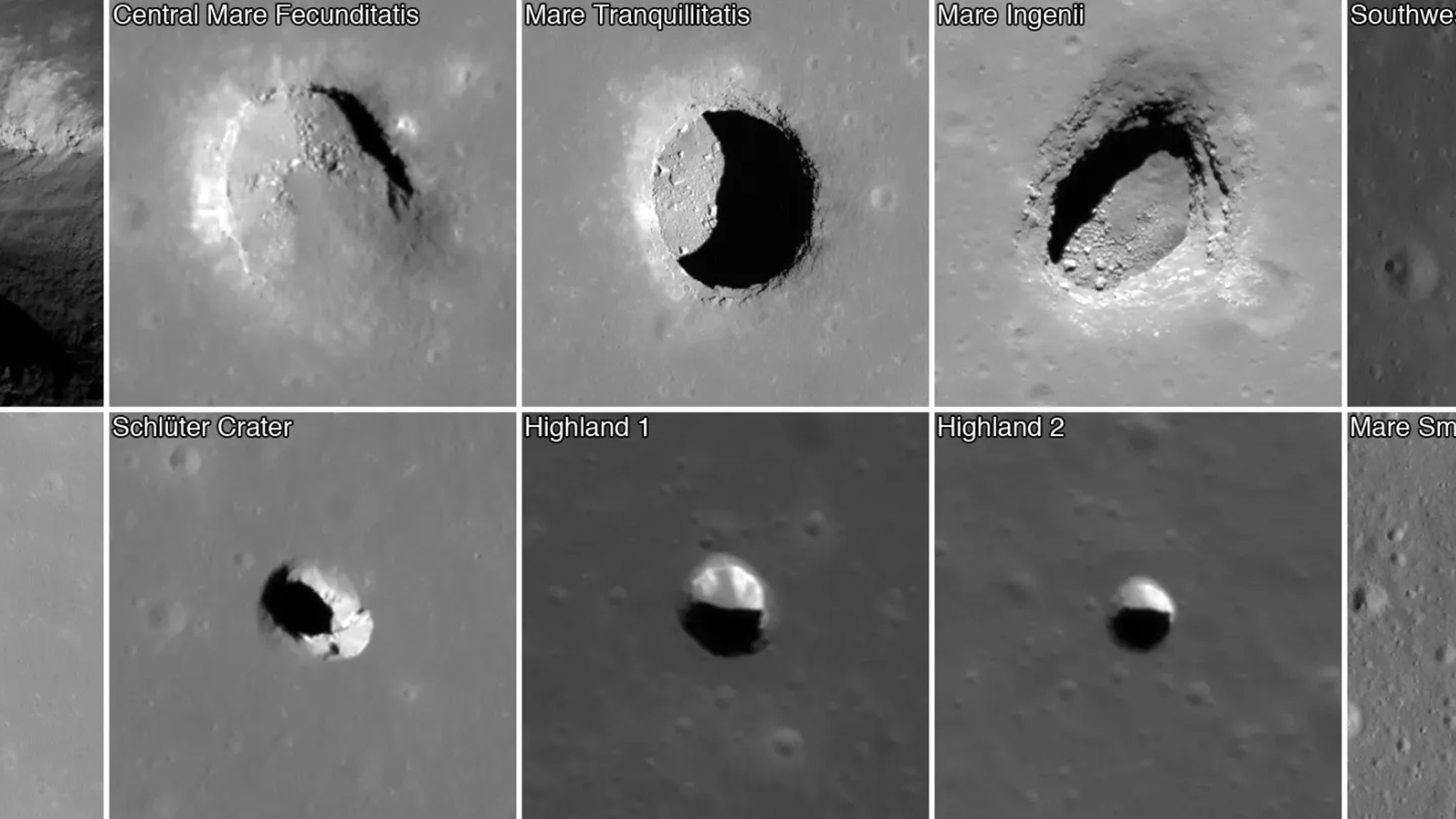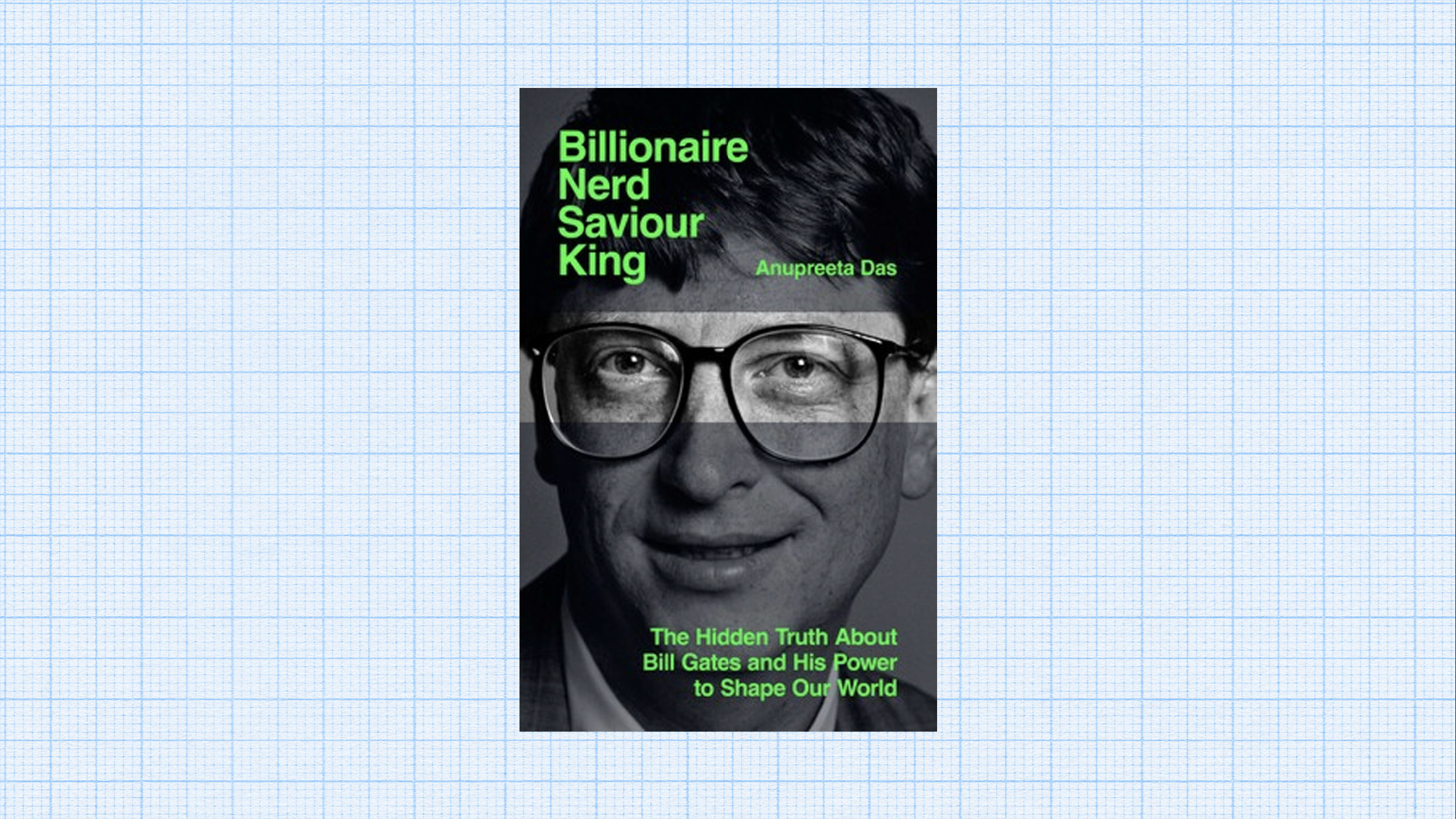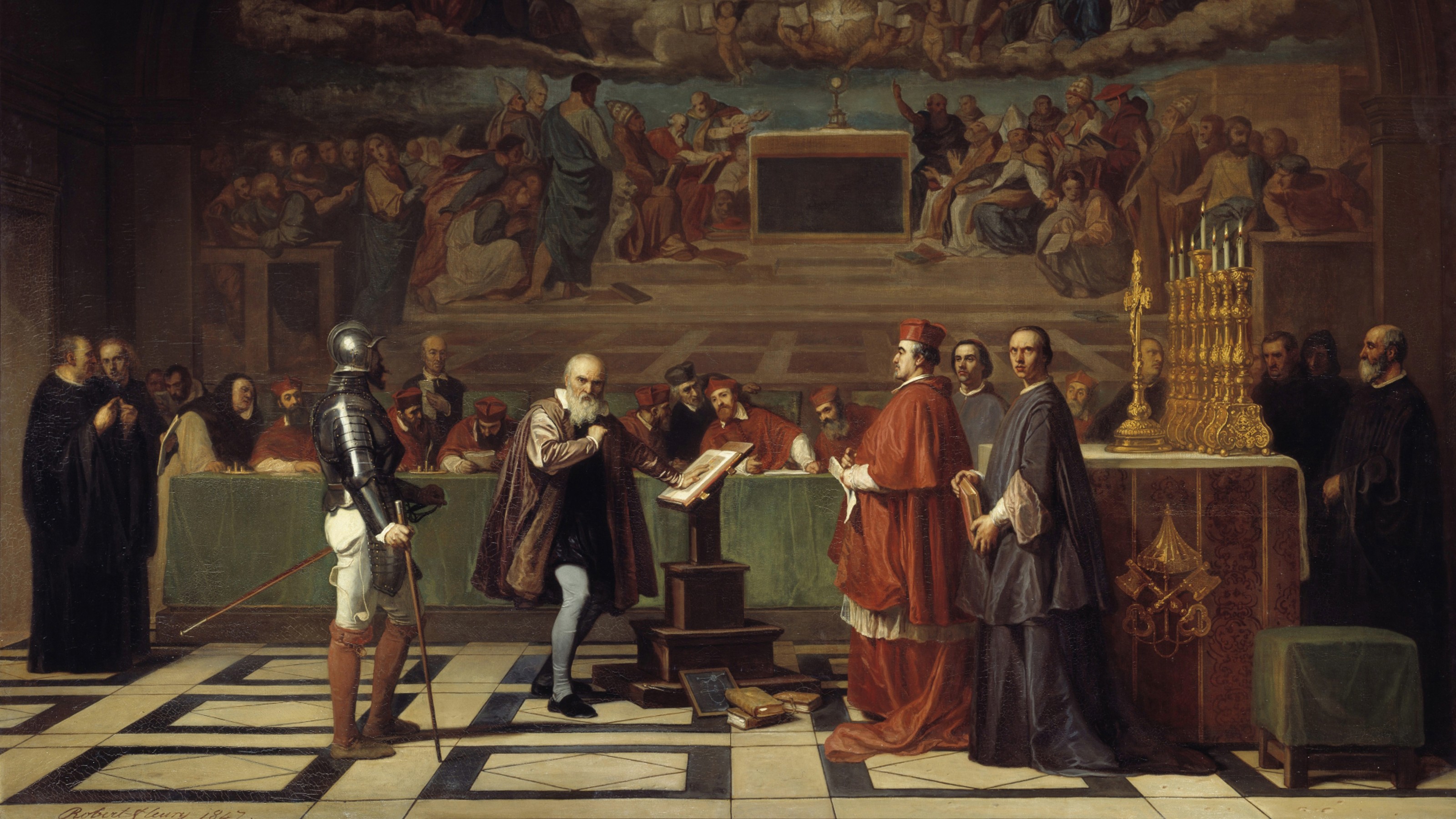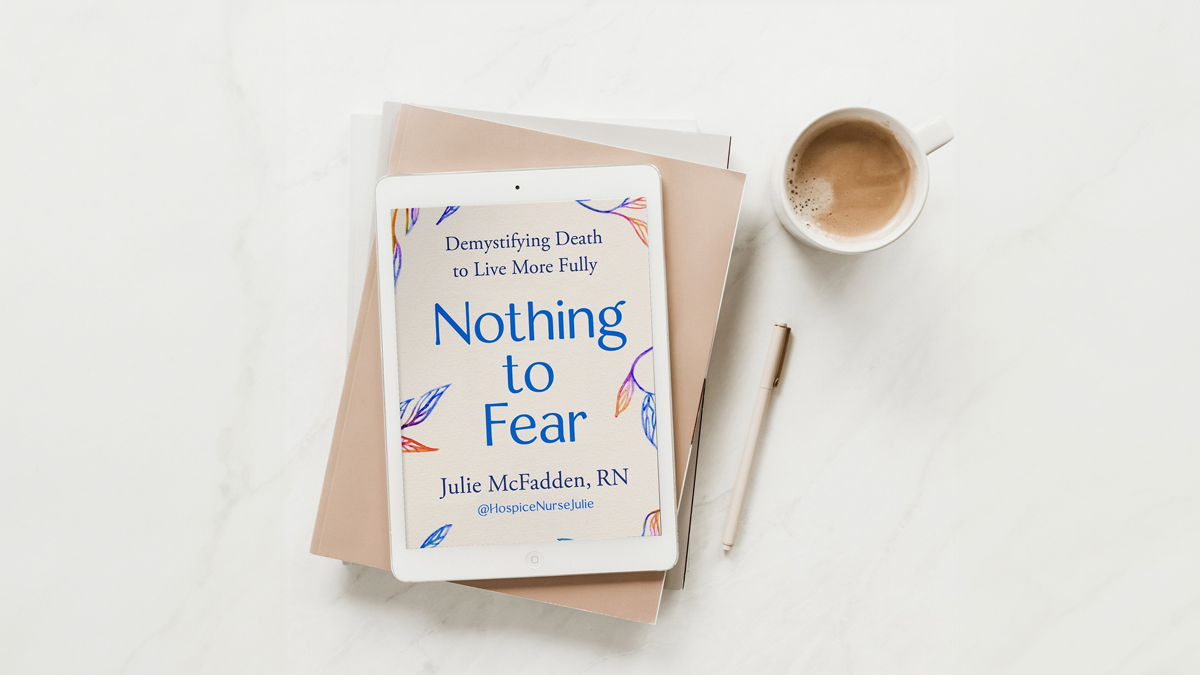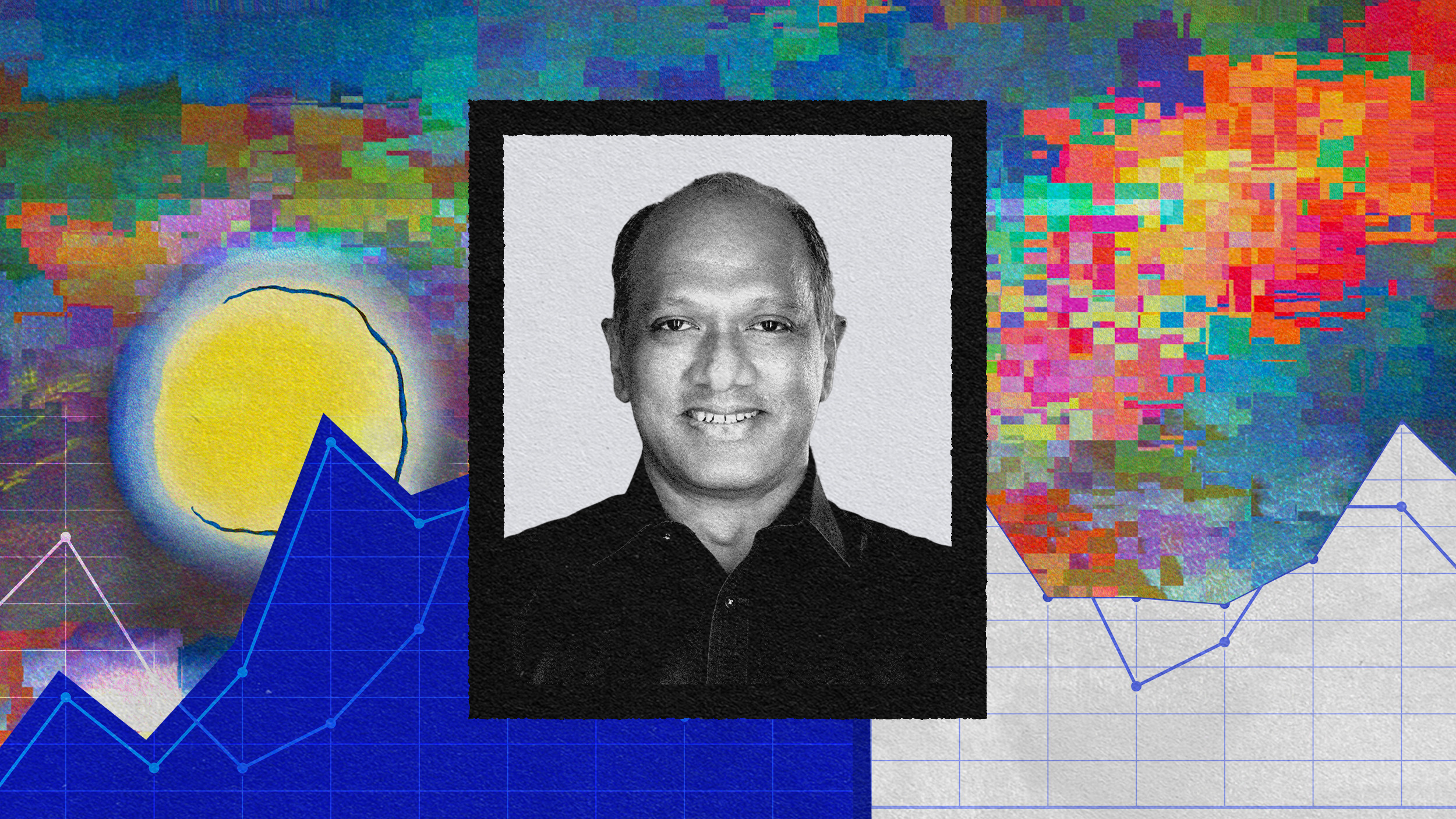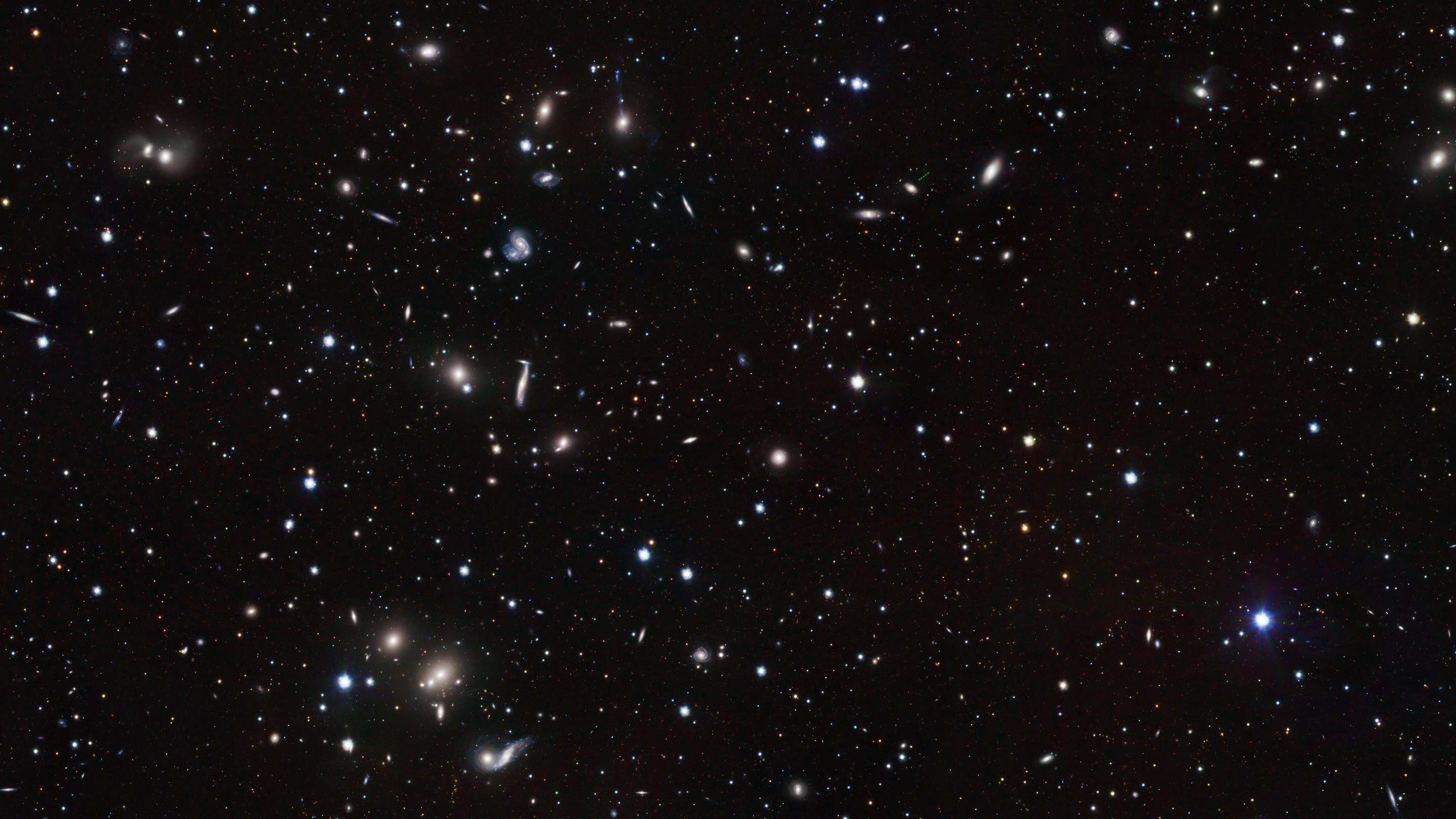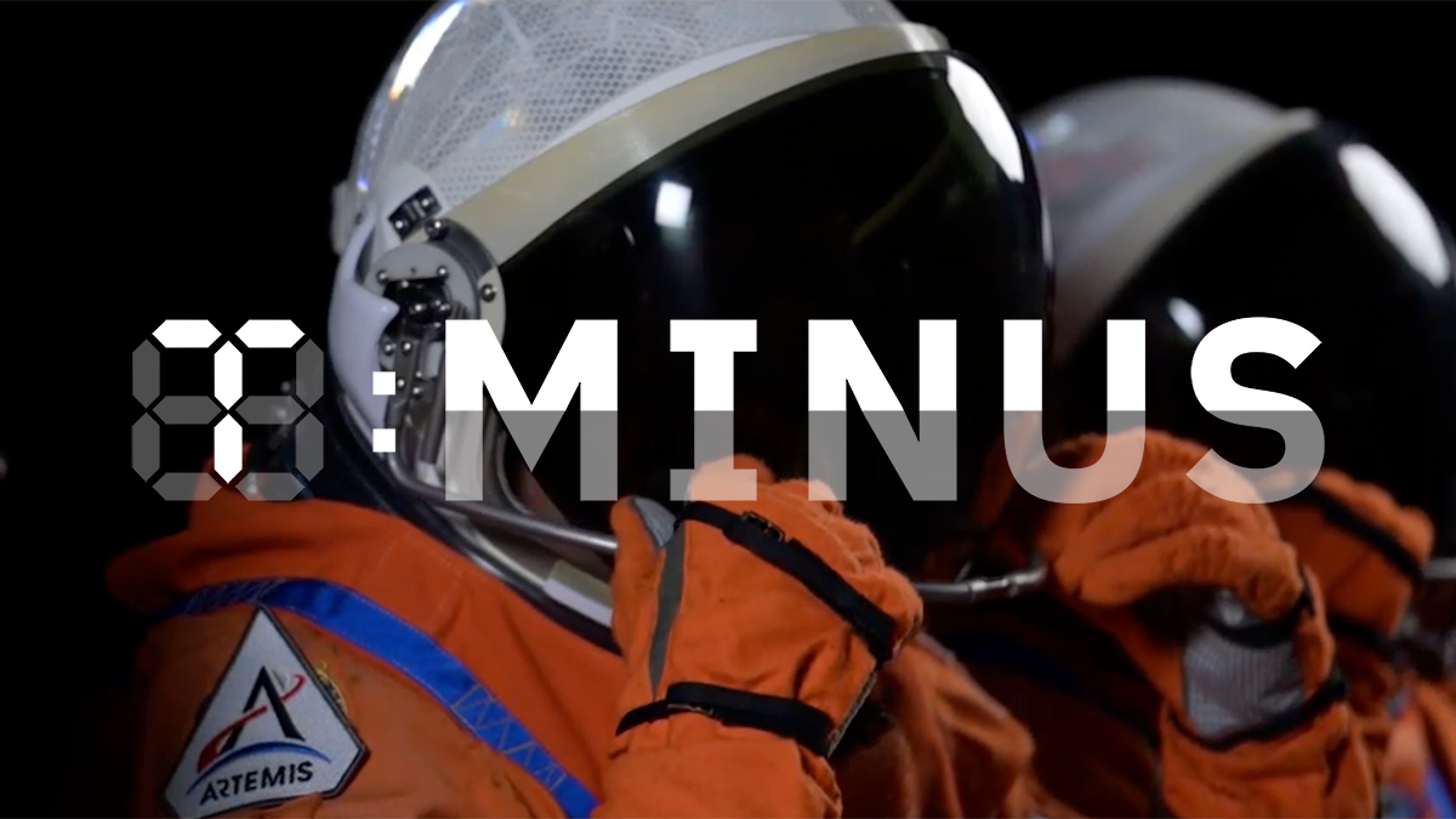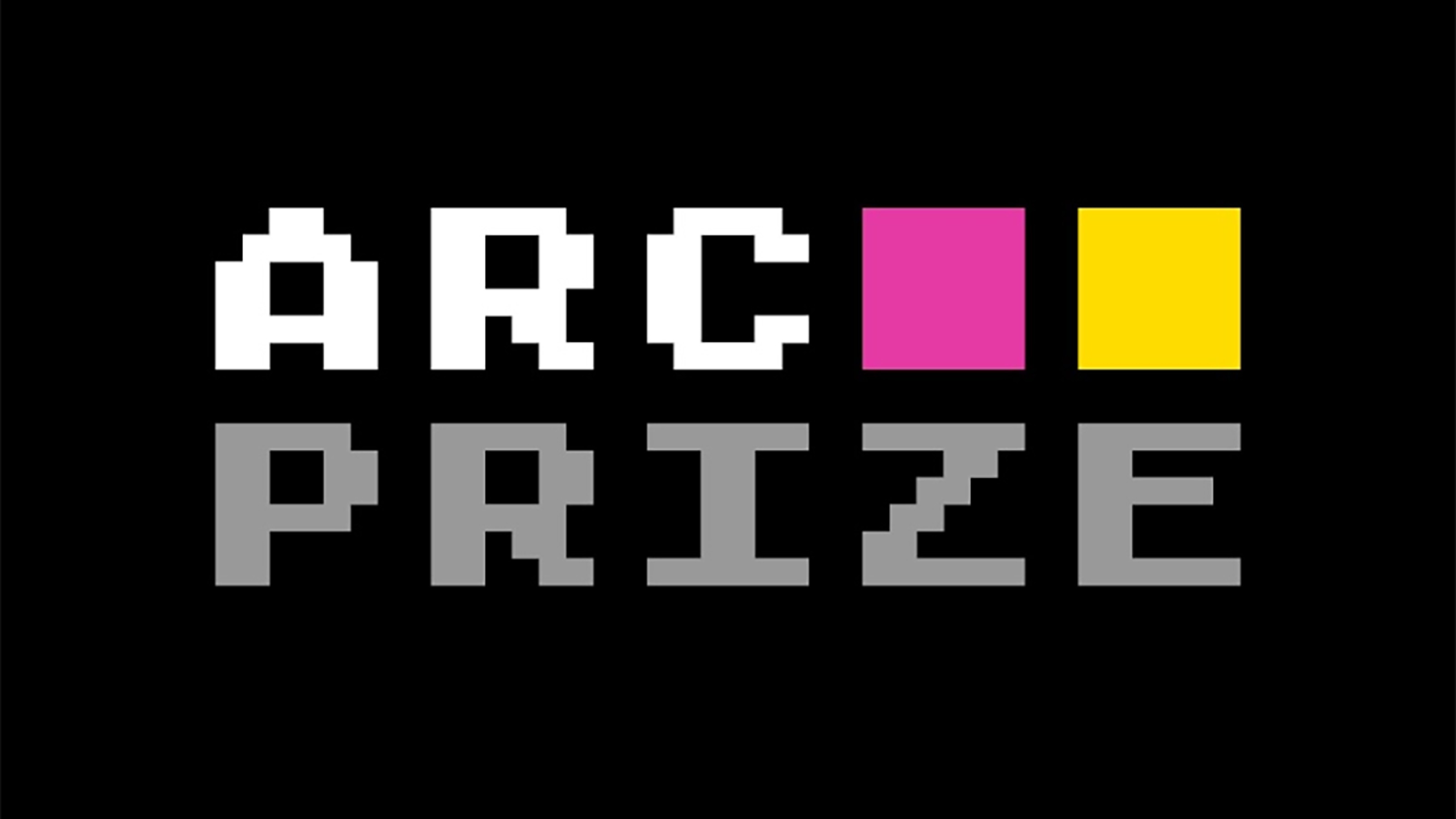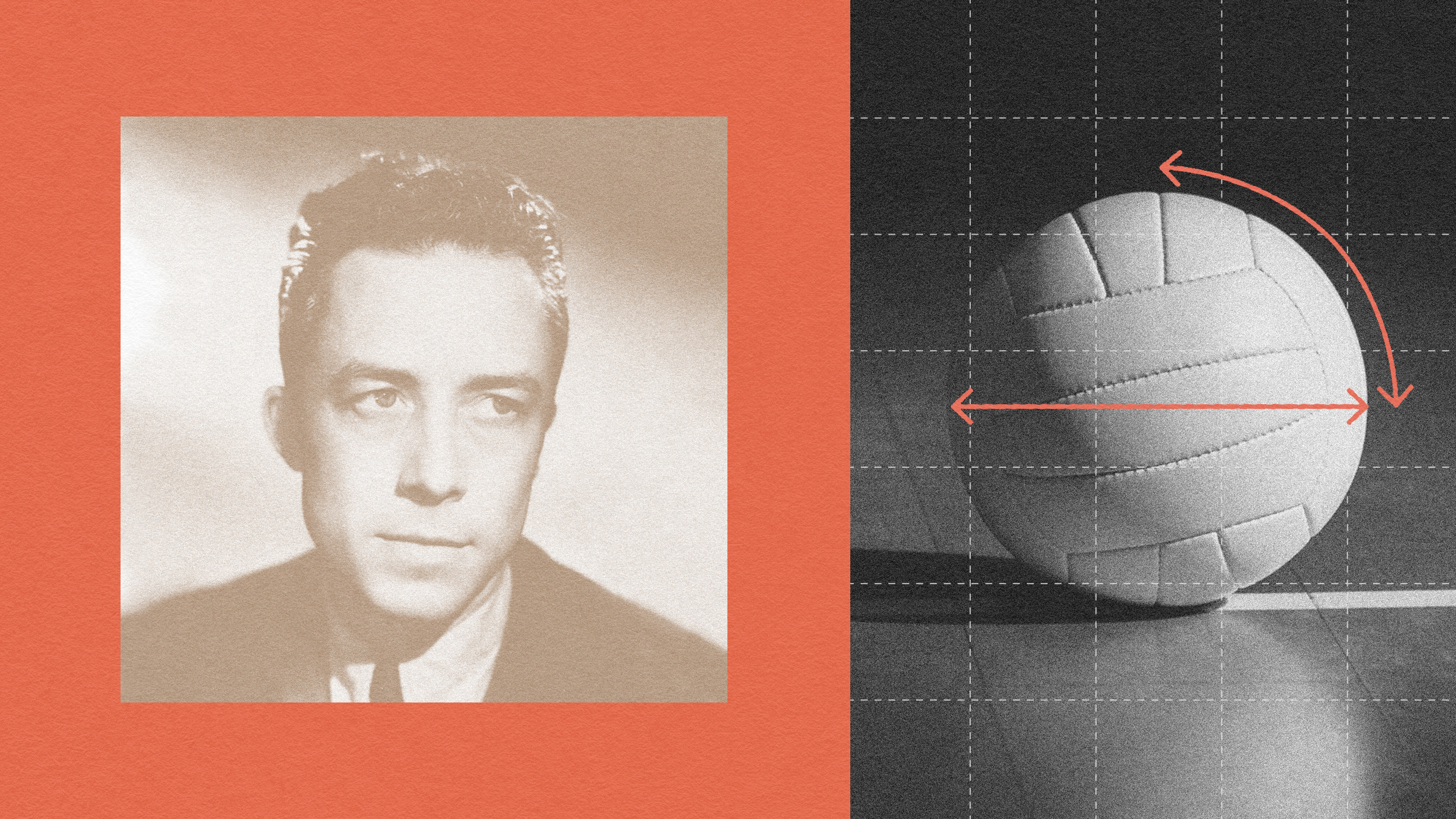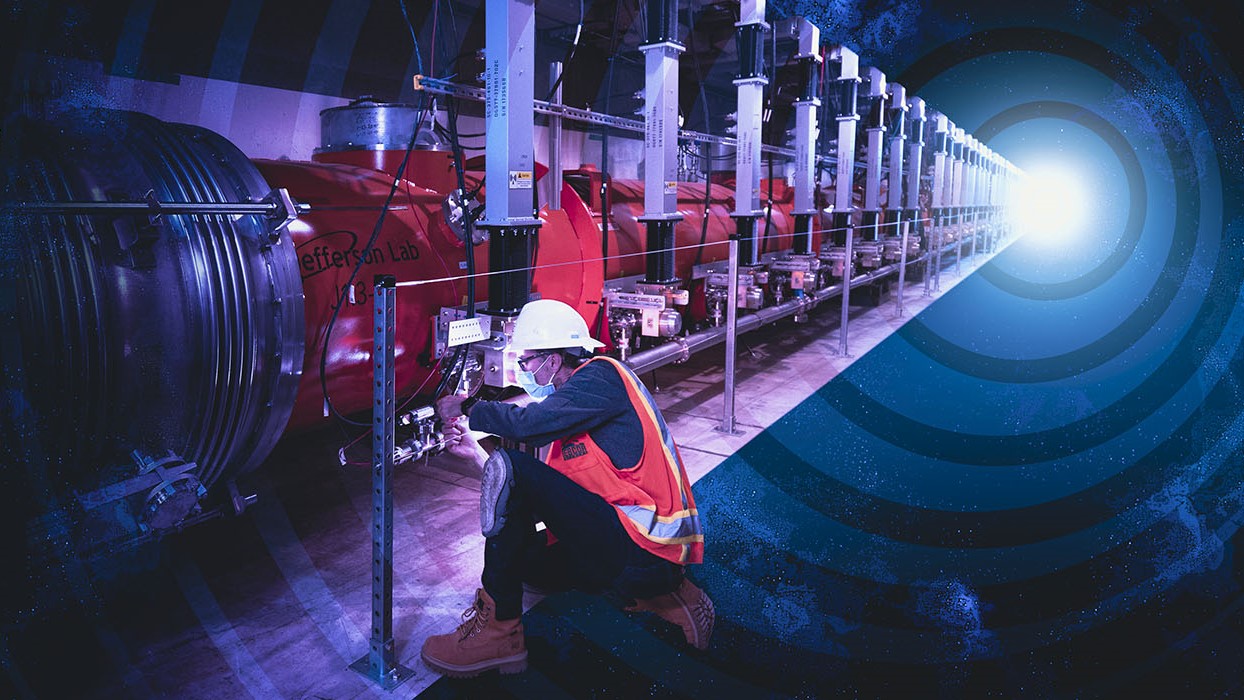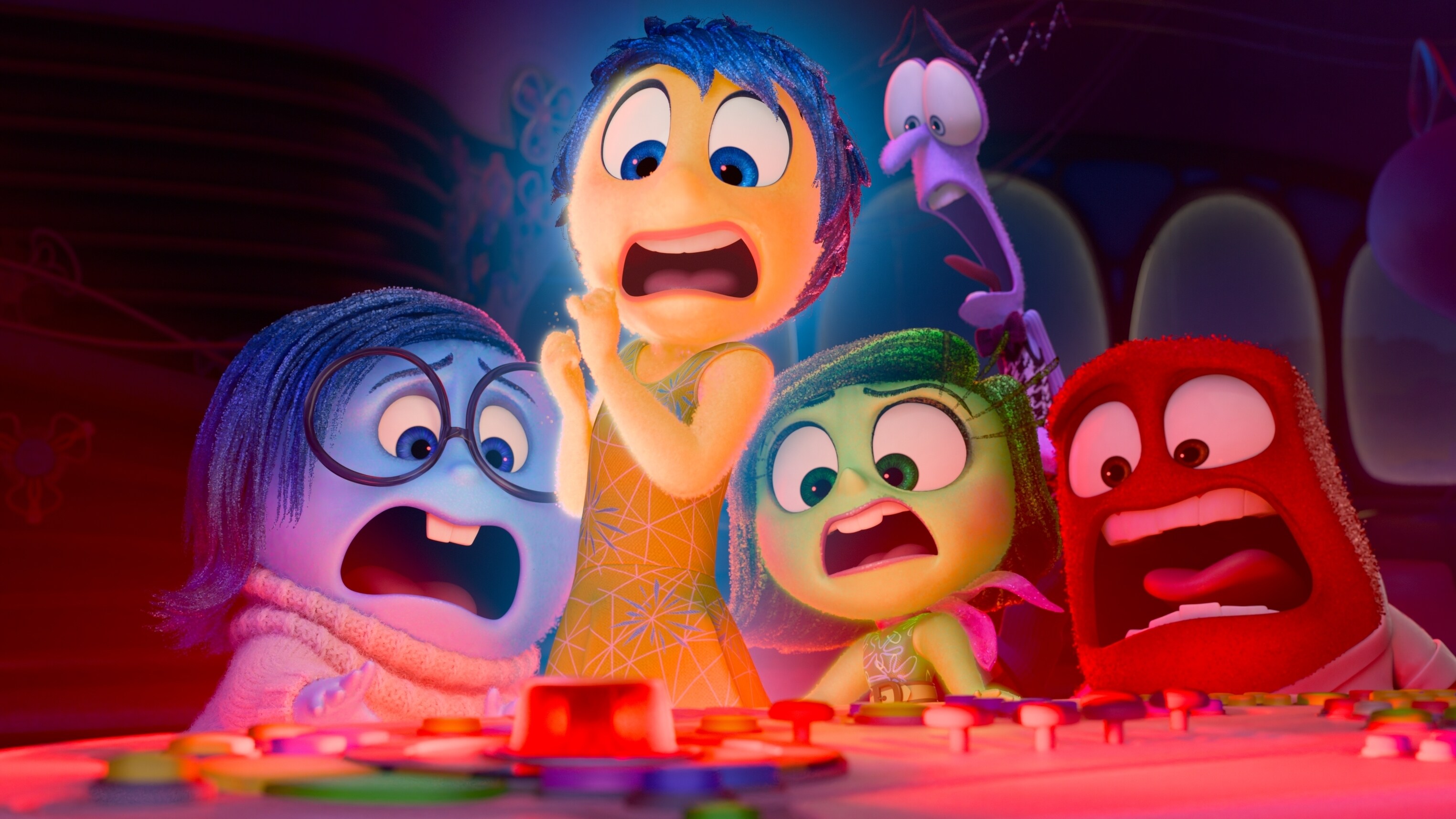How “Catastrophe and Social Change” (1920) became the first systematic analysis of human behavior in a disaster.
If you think of the Big Bang as an explosion, we can trace it back to a single point-of-origin. But what if it happened everywhere at once?
DUNE is designed to detect the Universe’s most antisocial particle: the neutrino.
Jeremy Johnson — co-founder of the talent network Andela — reflects on leadership in the age of remote work and AI.
The Universe is 13.8 billion years old, going back to the hot Big Bang. But was that truly the beginning, and is that truly its age?
We need more data centers for AI. Developers are getting creative about where to build them.
There is one obstacle that reliably blocks innovative ideas: how we fund science.
Is it ever possible for God to violate the laws of nature?
Biological evolution in humans has slowed. Can AI, culture wars, and modern tech explain why?
▸
8 min
—
with
Many contrarians dispute that cosmic inflation occurred. The evidence says otherwise.
You could call this rectangle covering parts of Iran, Iraq, and the Arabian Peninsula the “Oven Window.”
Welcome to The Nightcrawler — a weekly newsletter from Eric Markowitz covering tech, innovation, and long-term thinking.
In all the Universe, only a few particles are eternally stable. The photon, the quantum of light, has an infinite lifetime. Or does it?
A simple semantic device — invented by a forgotten senator — can help us break “the curse of knowledge.”
The big question isn’t whether the Universe is expanding at 67 or 73 km/s/Mpc. It’s why different methods yield such different answers.
Absence makes the heart (and public opinion) grow fonder.
The recent discovery of a large cave on the Moon highlights the importance of caves not just for future space explorers but astrobiology as well.
He peppers his sentences with words like “neat” and “cool,” he’s not great at working the room after dinner — oh, and he’s a peerless visionary.
Like ultra-hardy plants that thrive in harsh conditions, businesses that see crises as opportunities are likely to win in the long run.
The original principle of relativity, proposed by Galileo way back in the early 1600s, remains true in its unchanged form even today.
Manipulating a signaling pathway in mice reversed their anxiety — and offers hope for a new class of anti-anxiety medications for humans.
Hospice nurse Julie McFadden shares three examples where people hold off death, just for a bit.
Vijay Tella — CEO of enterprise orchestration unicorn Workato — joins Big Think Business for an exploration of our “agentic” future.
Most stars in the Universe are located in big, massive, Milky Way-like galaxies. But most galaxies aren’t like ours at all.
These missions will put us one step closer to the ultimate goal: crewed trips to Mars.
His $1 million ARC Prize competition is designed to put us on the right path.
How do you cope when joining a team shatters your confidence? Albert Camus and Harry Stack Sullivan can help.
Unraveling the subtle mechanics of luck can help us better steer the wheel of fortune.
The largest particle accelerator and collider ever built is the Large Hadron Collider at CERN. Why not go much, much bigger?
Meg LeFauve and Dave Holstein drew inspiration from psychologists as well as their own children, becoming more understanding parents in the process.


